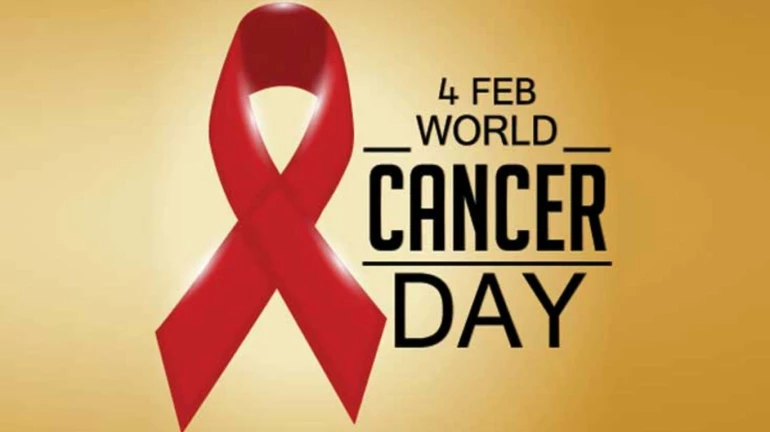
Not just breast or ovarian cancer, women aged 45 and above should be aware of cervical cancer as well. Even with the availability of Human papillomavirus (HPV) screening to prevent cervical cancer, there has been an increase in the diagnosis of this disease among women. It is crucial to stay in touch with the doctor, get an HPV vaccination, and avoid the chances of cancer.
Cervical cancer originates in the cells lining the cervix, which means the lower part of the uterus. It is mainly caused by persistent infection with high-risk strains of human papillomavirus (HPV), a sexually transmitted infection. Cervical cancer, often referred to as a silent killer, can progress without noticeable symptoms in its early stages.
Women may experience abnormal vaginal bleeding, such as bleeding between periods or after intercourse, vaginal discharge that is often foul-smelling or blood-tinged. This change in discharge can be accompanied by pelvic pain during sexual intercourse or even just during normal daily activities. These symptoms could signal the presence of advanced cervical cancer and should prompt women to seek medical evaluation without delay.
“Cervical cancer is a concern for women. There is still a lack of awareness about cervical cancer, particularly in rural areas. The detection rate for cervical cancer has increased in urban areas, with 20-25% of women now being aware of it, compared to only 5% earlier. While cervical cancer is highly preventable and treatable when detected early through regular screening tests like Pap smears and HPV tests, it remains a significant global health issue. Women need to prioritise regular screenings and vaccination against HPV to reduce their risk of developing cervical cancer. One key contributing factor to this trend is a decrease in routine screening and preventive care among younger women, leading to missed opportunities for early detection and intervention. Lifestyle factors such as smoking, obesity, and poor diet choices may play a significant role in the increased vulnerability of women to cervical cancer. Shifting sexual behaviors and an increase in high-risk HPV infections among young adults have also been linked to the surge in cervical cancer cases,” said Dr. Surabhi Siddhartha, Consultant Obstetrician & Gynaecologist, Motherhood Hospital, Kharghar.
Dr Siddhartha added, “Out of 50 patients, approximately 15-20 patients come for a Pap smear, indicating some awareness about cervical cancer and screening. The low rate of HPV vaccinations among boys is concerning. While approximately 80% of girls receive the vaccine, only 1-2% of boys do so. This not only exposes boys to health risks but also hampers overall HPV prevention efforts. Boys are equally vulnerable to HPV and its associated complications, including mouth/throat, penis, and anus issues. By ensuring boys receive the vaccine, we can significantly reduce their chances of developing these serious conditions. Addressing parental hesitancy and raising awareness about the importance of HPV vaccinations for boys is crucial. By focusing on early detection, vaccination efforts against HPV, and promoting healthy lifestyle choices, we can work towards curbing the alarming rise of cervical cancer cases among women. There is a growing demand for preventive health checkups among patients. The government plans to mandate HPV vaccinations in rural areas to improve awareness and preventive measures,” added Dr Surabhi Siddhartha.
“Cervical cancer is a significant health concern, but it's also highly preventable. Also, it can be detected early. The most important step is to take the HPV vaccine which not only protects from cervical Cancer but also from vulval Cancer. PAP smear should be done at least once every 3 years to detect early Cervical Cancer. One of the most effective prevention strategies is getting an HPV vaccine, which protects against the human papillomavirus responsible for most cases of cervical cancer. Regular screenings, such as Pap smears and HPV tests aid in timely detection and treatment. Also, practicing safe sex by using condoms can lower the chances of HPV transmission. It's important to recognize that lifestyle factors play a role in cervical cancer prevention as well. Maintaining a healthy diet rich in fruits and vegetables can support overall immune function and help lower the risk of developing cervical cancer. Avoiding smoking and alcohol reduces the likelihood of developing this cancer. By emphasizing these preventive measures, women can take proactive steps to safeguard their well-being,” said Dr Rajashri Tayshete Bhasale, Consultant Gynecologist and Laparoscopic Surgeon, Wockhardt Hospitals, Mira Road.





